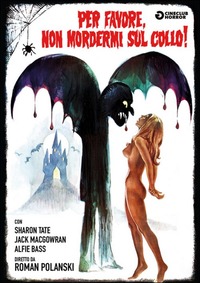
In the most famous scene of all, the dialogue between Sancho Pansa and Don Quixote reveals the deliberate choice to see more in life than just the mere practicalities of food provision and business: Too much sanity may be madness - and maddest of all: to see life as it is, and not as it should be!” To surrender dreams - this may be madness. “When life itself seems lunatic, who knows where madness lies? Perhaps to be too practical is madness. He had seen the raging madness of the world, and made a decision:

Still!īut I don’t think there was much choice for Don Quixote. Just being different is the most dangerous, the most hated thing in the world. If you can’t be one of the group, you have to be stronger, more violent than the majority. He is off the main track, and that is only acceptable to the world if you are a strong, fighting, violent hero, not if you are a harmless, yet ridiculous dreamer. He is so very UNCOOL! He makes a silly figure in the ordinary society where appearance and participation in shared activities are more important to social survival and reputation than reflective thinking and expression of individuality.

Why was there such awkwardness when I said I identified with Don Quixote? Because he is clumsy, he is bullied by the brutal ordinary people who can’t stand a mind focused on literary thoughts and idealist ideas, he is treated badly and made fun of. Who else loved books to the extent that he was willing to immerse himself completely in the illusion of his beloved fiction, against all reason? Who else struggled to survive and keep the spirit of beautiful ideas in the face of ugly, mean, bullying reality? There is no one like Don Quixote to make me feel the connection between my reading self and my real life. I had time to think, and to think carefully. I was not the first one around the table to answer, and there had been plenty of identification with the brave, the strong, the pretty, the good, the clever heroes and heroines of the literary universe before it was my turn. “With which literary character do you identify most?” What was the question? If my friends at the coffee table had asked: “What is your favourite book, Lisa?”, and received that answer, they would have nodded knowingly, sympathetically, adding some random fact about the 1000+-page-classic I claimed to love more than the countless other books I have read. “Don Quixote”, I answered, and looked into almost shocked facial expressions, followed by quiet, uncomfortable giggling.


 0 kommentar(er)
0 kommentar(er)
